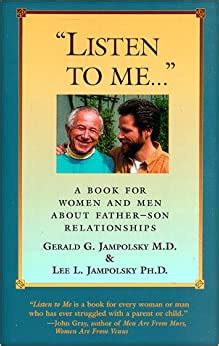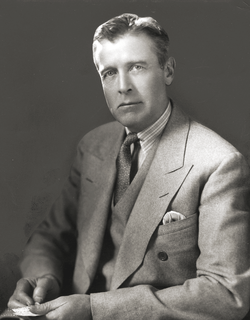A Quote by Lee L Jampolsky
The roots of addiction can be seen in our search for happiness in something outside of our self, be it drugs, relationships, material possessions.
Related Quotes
No matter how many possessions we acquire, they will not provide us with any lasting happiness and freedom. On the contrary, it is often our pursuit of material possessions that causes our problems. If we want ultimate happiness and freedom from suffering, we must engage in the supreme practices of training the mind. There is no other way.
When we seek happiness through accumulation, either outside of ourselves-from other people, relationships, or material goods-or from our own self-development, we are missing the essential point. In either case we are trying to find completion. But according to Buddhism, such a strategy is doomed. Completion comes not from adding another piece to ourselves but from surrendering our ideas of perfection.
Material possessions, in themselves, are good. We would not survive for long without money, clothing and shelter. We must eat in order to stay alive. Yet if we are greedy, if we refuse to share what we have with the hungry and the poor, then we make our possessions into a false god. How many voices in our materialist society tell us that happiness is to be found by acquiring as many possessions and luxuries as we can! But this is to make possessions into a false god. Instead of bringing life, they bring death.
To disguise nothing, to conceal nothing, to write about those things that are closest to our pain, our happiness; to write about our sexual clumsiness, the agonies of Tantalus, the depth of our discouragement-what we glimpse in our dreams-our despair. To write about the foolish agonies of anxiety, the refreshment of our strength when these are ended; to write about our painful search for self, jeopardized by a stranger in the post office, a half-seen face in a train window, to write about the continents and populations of our dreams, about love and death, good and evil, the end of the world.
Identification with the body, with the mind, with our possessions, with our families, with our friends - any kind of identification takes you outwards. All your possessions will be outwards: your wife, your husband, your children, your body - your body is outside you; your mind - your mind is outside you. The only thing that is not outside you is the witnessing. Just the watchfulness - that is your buddha. Identification means losing witnessing, falling into the trap of attachment. That is our misery, that is our slavery.
The world is so unhappy because it is ignorant of the true Self. Man’s real nature is happiness. Happiness is inborn in the true Self. Man’s search for happiness is an unconscious search for his true Self. The true Self is imperishable; therefore, when a man finds it, he finds a happiness which does not come to an end.
Emotional dependence is the opposite of emotional strength. It means needing to have others to survive, wanting others to "do it for us," and depending on others to give us our self-image, make our decisions, and take care of us financially. When we are emotionally dependent, we look to others for our happiness, our concept of "self," and our emotional well-being. Such vulnerability necessitates a search for and dependence on outer support for a sense of our own worth.
One of the advantages of being born in an affluent society is that if one has any intelligence at all, one will realize that having more and more won't solve the problem, and happiness does not lie in possessions, or even relationships: The answer lies within ourselves. If we can't find peace and happiness there, it's not going to come from the outside.
We know that material things don't offer contentment, but we still buy more-more of the props and gadgets our culture tells us we must have in order to be happy and "happening." Our addiction to consumption distracts us from seeing that we are disconnected from ourselves, from our truth and from one another. Any euphoria we gain from our material gains is fleeting at best.

































